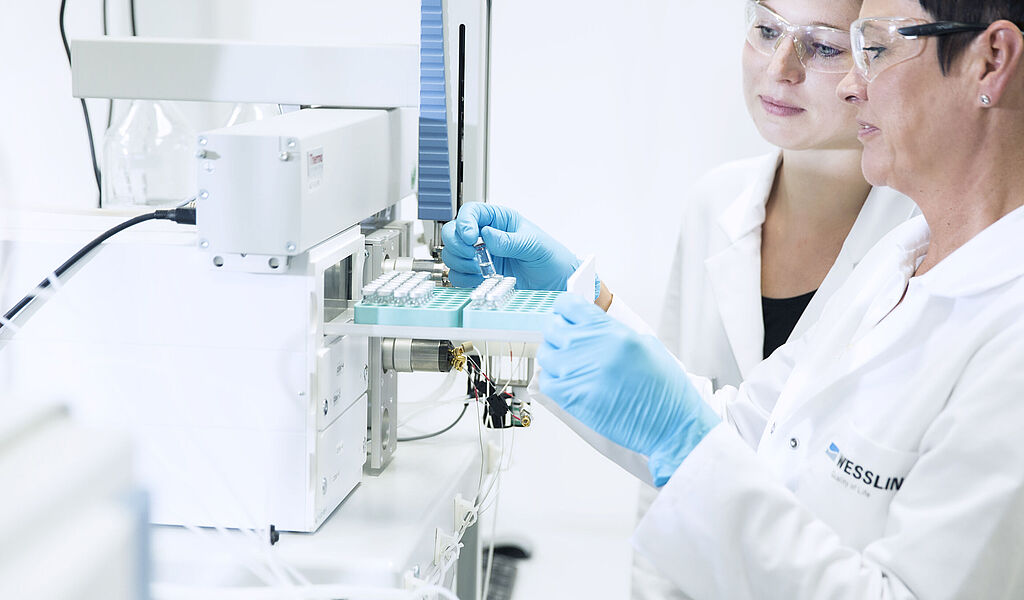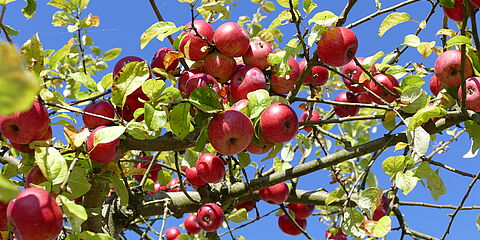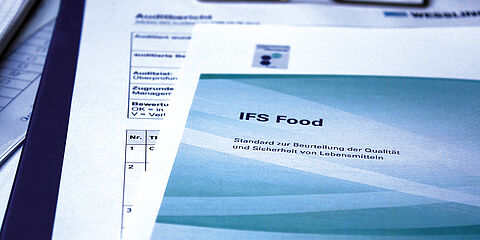Increased QAC findings in food due to disinfectants
The implementation of the hygiene and safety concepts for Covid-19 has lead to the increased use of virucidally effective disinfectants on surfaces. Some of these agents contain biocidally active quaternary ammonium compounds (QAC), mostly didecyldimethylammonium chloride (DDAC) and benzalkonium chloride (BAC). These compounds adhere to the disinfected surfaces. Foods rich in protein or fat, in particular, can be contaminated with residues of QAC, e.g. through contact with cutting boards, knives or gloves.

Currently, residues of QAC are regulated under food law in the EU Pesticide Regulation No. 396/2005. For the two active substances of disinfectants DDAC (didecyldi-methylammonium chloride) and BAC (benzalkonium chloride) maximum residue levels have been in place since 2014. This regulation sets an MRL of 0.1 mg/kg for both DDAC and BAC in all product groups listed in Annex I to the regulation.
As stipulated, the EU Commission and the member states were consulted in autumn 2019 on the review of the existing MRLs. Based on the available data on levels, it was proposed to lower the MRL for plant foods to the limit of analytical determination (0.01 mg/kg each for DDAC and BAC) and to set a “transitional MRL” for animal food. Values of 0.01 to 0.05 mg/kg were discussed. The concerns that the European association FoodDrinkEurope had communicated to the EU Commission are to be taken into account during further discussions. The Association had argued that the current MRL in unpastorised milk should be maintained and that a general MRL of 0.05 mg/kg should be used for other types of commodities listed in Annex I to Regulation (EC) No 396/2005. Thus cross-contamination could be taken into account.
To date, no draft regulation for the reduction of MRLs is available. The next meeting of the Standing Committee is planned for 15-16 June 2020 and it is recommended that data packages be sent to the EU Commission if findings suggest that the planned MRLs for certain types of goods may not be met.
In order to ensure safety at this point, WESSLING offers the testing of food products for quaternary ammonium compounds as part of residue analyses; disinfectants are also tested for QAC.
Increased QAC findings in food samples can be avoided by only using QAC-free disinfectants, sterile sample containers and disposable gloves, especially when taking samples.
We are looking forward to supporting you with our expertise for your individual queries. Our experts are at your disposal for further information on the safety of your food. Expert advice on hygiene concepts, their preparation or review is also part of our service portfolio.
Your contact to our food experts
- Christina Witt
- +49 2505 89-633
- food@wessling.de




